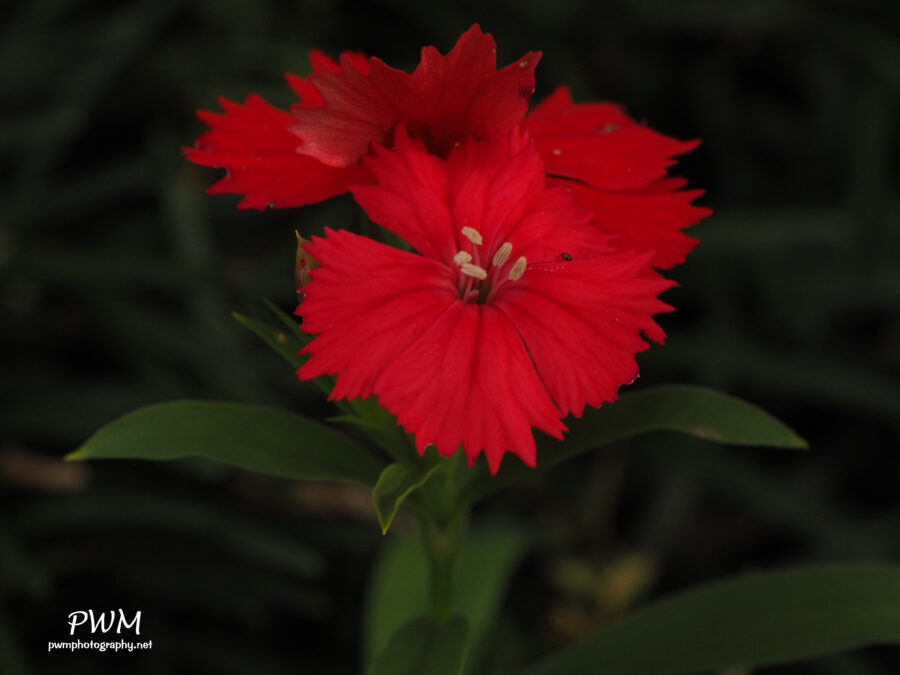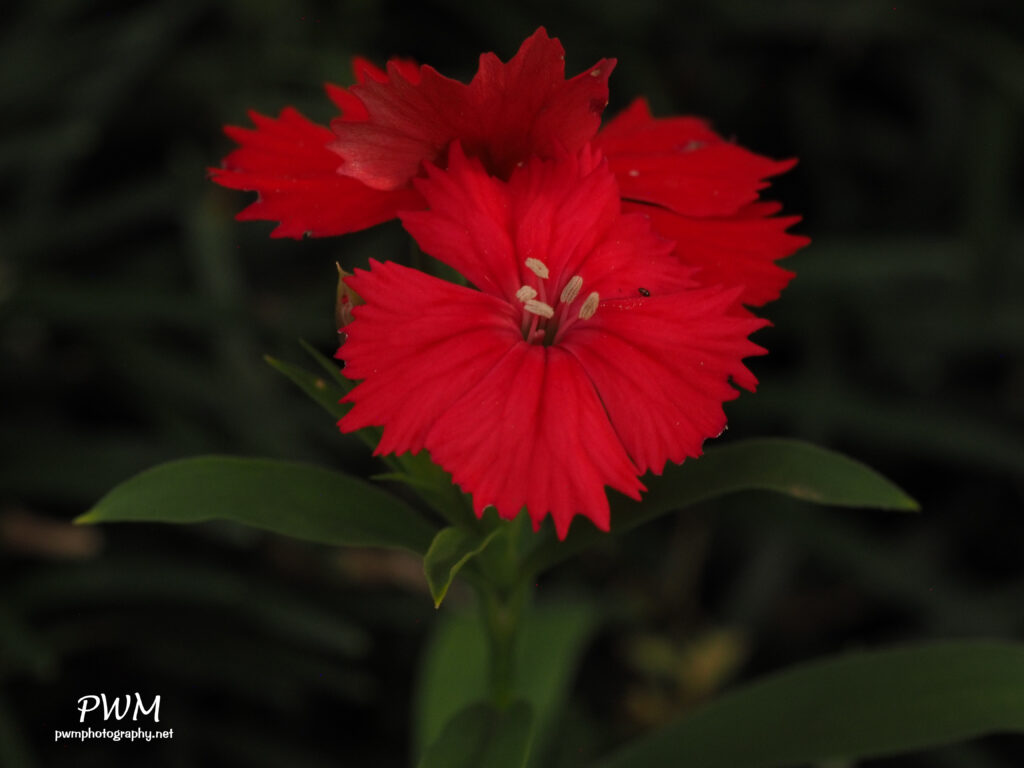There were two lots, one on the corner. An undeveloped “street” out front, a country road that was allegedly a street meandered down the slight slope on the side, while scrub brush and baby jungle trees that would never reach their potential encompassed the other two sides of the property. At one point there had been a pineapple field there, but it had long ago been harvested and abandoned. That was the property that Dad acquired from our uncle.
A barbed wire fence was put around the place, trenches were dug for the foundation and brick by brick the house raised and then the walls roofed and we moved in. We had the run of the area, “way out on the outskirts of town”. Many a happy hour was spent “bivouacking” in some tiny clearing we’d make in the brush. Slingshots, pocket knives, eventually an air rifle – these were our companions. A tiny packet of seasoned salt from the kitchen and a small box of matches and we were set to enjoy the high life of eating what we could catch in this tiny “wilderness¨. A chicken pen was set up, rose bushes and other plants set out, a banana tree planted and the second lot was cleared off for planting a garden.
From this place of refuge we’d venture out, going to church, visiting friends, trips to the river or with the whole family we’d pack up for excursions further afield. An old shed was set up where we had the one lung Yanmar diesel powered generator that we’d use to pump water of an evening, giving us the amazing glow that replaced the relatively dim kerosene Alladin lamps that usually illuminated our nights before bed time. When the water tank would overflow one of us would go out, turn off the generator, and lock the shed as the memory of the thudding engine noise gradually faded, replaced by the night time songs of bugs and amphibians.
Eventually the shed was replaced by a brick structure where Dad had his shop/tool room. We had room for guests and a “School room” as well. Gradually the neighborhood started filling up, folks built and moved in across the side rode, another family took up residence behind us with a concrete slab wall to the back of their property that gave a good back drop for our chicken pen. But while we remained there the “jungle” to the other side was undisturbed, providing cover to all kinds of birds and small animals, like the tegu and iguanas that lusted after our chickens and eggs and the cutia that occasionally appeared.
Life moves on, I left for college. Dad and Mom and my younger siblings moved north, nearly to the banks of the great river. After graduation and marriage I moved with my bride to the old place as we prepared to move yet further east, and even in such a short time, things weren’t the same.
Two kids, an international move, life in general – and time rolled on. Mom needed help so that she could move closer to family so I went. And when the opportunity came I slipped down for a couple of days to see family, friends and “the old home place”. But, you can’t go home. The place I remembered was vastly changed. Asphalt replaced the muddy streets. The street out front that we had laboriously cleared of towering cane like grass so as to set up a volleyball court – that street now was paved! The two original lots we’d treated as one had become separated by a wall. The “jungle” off to the side from whence our chickens had been assaulted by ravenous wildlife had been cut down and replaced with brick and concrete construction.
Ranging further away, the swampy stream where I learned to fish with a hand line and a tiny hook small enough to hide in a grain of cooked rice – that stream ran no longer and houses crowded around where trees used to flourish. The swampy ground was transformed into a hard, rock like substance after the trees had been destroyed. The creek where we used to seine in our underwear with a mesh bag and a bucket for hauling our shiny catch home was unrecognizable, its once clear waters stained by the effluent from the crowded city that once had been a sleepy little town.
Contemplating these things lead me to contemplate even deeper. How does one define or describe that ephemeral longing that one feels? At one time I thought it was for “going home”, in the sense of returning to the place of one’s youth. But more and more as I continue to mature I’ve come to realize – that yearning really is for a place I’ve not yet been. In Hebrews 11 we read of our forefathers of the faith:
These all died in faith without having received the promises, but they saw them from a distance, greeted them, and confessed that they were foreigners and temporary residents on the earth. Now those who say such things make it clear that they are seeking a homeland. If they were thinking about where they came from, they would have had an opportunity to return. But they now desire a better place—a heavenly one. Therefore God is not ashamed to be called their God, for He has prepared a city for them.
As one who has lived most of his life as a “stranger” or “foreigner”, both in the land to which the Lord took him and even in the land of his birth, those verses speak to me. You can’t RETURN home if you’ve not yet reached home! And this is the promise to which I cling:
But the Day of the Lord will come like a thief; on that day the heavens will pass away with a loud noise, the elements will burn and be dissolved, and the earth and the works on it will be disclosed. Since all these things are to be destroyed in this way, it is clear what sort of people you should be in holy conduct and godliness as you wait for and earnestly desire the coming of the day of God. The heavens will be on fire and be dissolved because of it, and the elements will melt with the heat. But based on His promise, we wait for the new heavens and a new earth, where righteousness will dwell. 2 Peter 3:10-13


